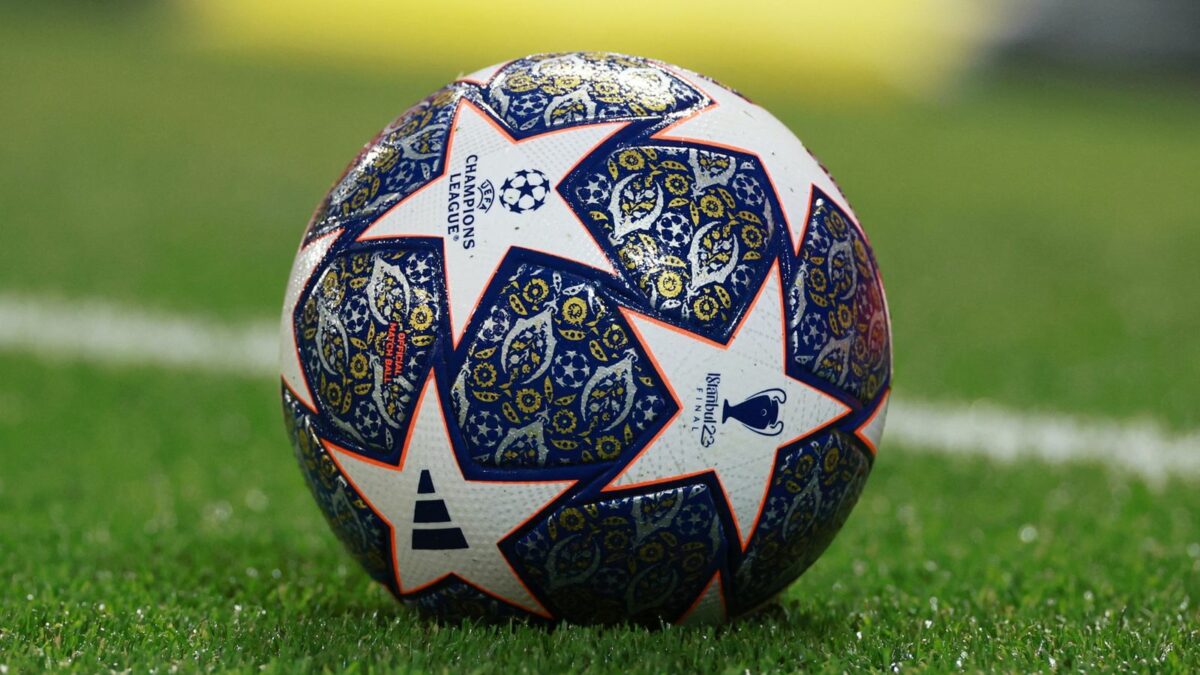
Why You Are Not an Imposter: Overcoming Imposter Syndrome
February 14, 2025
Commercial Awareness Update – W/C 17th February 2025
February 17, 2025Introduction
European football clubs have historically been owned by the elite class. However, in recent years, a new wave of private capital investors have emerged alongside the ultra-high-net-worth individuals and historically rich families who owned clubs. Fuelled by decades of low interest rates and cheap money, private capital has become a booming asset class, with global assets under management nearly doubling from $9.7 trillion in 2012 to $24.4 trillion by the end of 2023. As a result, European football has become a prime candidate for private equity investment, with over a third of clubs in Europe’s top five leagues backed by private capital. In particular, US investors have been involved in six out of the 10 biggest European football deals, underscoring the growing role of private capital within the game. Notably, Clearlake Capital’s $5.3 billion acquisition of Chelsea Football Club in 2022 and Elliott Management’s takeover of AC Milan in 2018 brought private equity’s involvement in European football firmly into the spotlight.
This article will explore the factors that explain the rise of private capital in European football and highlight the growing backlash from fans who worry about the prioritisation of profits over team success.
It is worth noting here that private capital is an umbrella term that refers to investments in unlisted assets (typically by private pools of money such as buyout firms), sovereign wealth funds, and wealthy investors. It encompasses private equity investment, which refers to investing into private companies to improve and sell them later at a profit.
Why are Private Equity Firms Investing in European Football?
The Impact of COVID-19
The COVID-19 pandemic significantly impacted European football, as revenues plunged due to a decrease in matchday attendance revenues. Twenty of Europe’s biggest clubs lost more than €1bn in revenue through the pandemic, while the average value of players experienced a 10% decline. After clubs were pushed into financial distress, private capital investors seized the opportunity to enter the market to provide liquidity and stabilise struggling teams. For example, Spain’s La Liga made a deal with private equity firm CVC worth nearly $3.2 billion to help alleviate a cash crunch following the pandemic. In return for a 10% stake in the league’s commercial activities, clubs would receive funds earmarked for infrastructure investment, brand and product development, and debt refinancing.
Capital Appreciation
The increasing asset valuations of European football clubs have made them serious targets for private equity firms. Between 2016 and 2023, the aggregate enterprise value of 32 of the most prominent European football clubs increased by 96%, a performance that outpaced the FTSE 100 index at the time. This growth is primarily attributed to the rise of key revenue streams, such as media rights and sponsorships. Since Sky and BT (currently known as TNT Sports) agreed a Premier League TV rights deal worth £5.14bn in 2015. This has increased to £6.7bn just eight years later. With the entrance of new competitors such as Amazon and Apple, media rights for sports assets are expected to increase in value, making European football clubs an attractive proposition for investors seeking high returns.
The Growing Market for European Football
Over recent years, private capital investors have invested into various sports ranging from Formula 1, MLB, and the NBA. However, these sports do not share the same global reach and popularity as football. For instance, according to UEFA, approximately 450 million viewers tuned into the Champions League final in 2024, dwarfing the 202 million viewers of the Super Bowl in the same year. US investors have naturally realised that the development of European football’s revenue streams represent ‘low-hanging fruit’ that could generate significant returns, especially with the help of an experienced private equity investor. Given that US sport franchises have been extremely successful developing their revenue streams, US private capital investors believe that European football, already a global powerhouse, offers untapped potential waiting to be extracted.
The Consequences of Private Capital Involvement – Backlash from Fans
Within Europe’s top five leagues, some leagues are more resistant to private equity investment than others. While the Premier League has been owned by private companies for decades, the Bundesliga’s 50+1 rule ensures that fans retain majority control over their clubs. Moreover, in Spain, clubs like Real Madrid, Barcelona, and Athletic Bilbao are also fan owned, making it difficult for private equity investors to take over. As a result, fans remain wary of financial investors that could dilute their role in the sport, as it could come at the expense of the beautiful game’s most vital aspect – themselves.
This concern was clear in Germany, where the German Football League (DFL) abandoned its plans to sell a stake in its media rights to CVC after months of increasingly disruptive fan protests. Fans caused lengthy stoppages by using remote-controlled cars and planes, rejecting what they perceived to be the over-commercialisation of the game. Although the DFL believed that investment was necessary in order for the Bundesliga to compete internationally, fans feared the private investors would influence aspects of the game such as kick-off times, scheduling them to suit international viewers at the expense of stadium-goers. Similar concerns have emerged in England, with rumours that the Premier League could play games in the United States to generate more revenue across other time zones. London Mayor Sadiq Khan publicly supported the idea, pointing to the success of US sports such as the NFL and MLB in growing the game abroad. Therefore, with commercial interests increasingly shaping the direction of the sport, fans remain cautious over decisions that could prioritise the financial interest of investors over themselves.
Since private equity focuses on providing returns at all costs, fans also recognise that investors could be more parasitic than carers of the clubs they own. For example, in 2005 the Glazer family acquired Manchester United through a leveraged buyout, using huge levels of debt to fund the transaction. Previously a debt-free and successful team, Manchester United have had to cover the interest payments of Glazer debt at the same time of paying regular dividends to the family. By 2015, the cost to United of being owned by the Glazers exceeded £1bn in interest payments, financing costs and dividends. Despite the clear need for extra on-field investment from shareholders, Manchester United still remain as the only Premier League club to pay dividends – a huge source of anger amongst fans. This can be seen as symbolic of the potential purpose of owning a football club for a professional investor: minimum investment with maximum extraction. Therefore, fans need to consider how investors are acquiring stakes in their football clubs – is it through their own capital, or are they relying on leveraged buyouts that leave the club responsible for repayment? Such practices raise questions over whether the beautiful game, once owned by the fans, is being sold for a price.
Conclusion
To conclude, it is clear that the rise of private capital in European football has transformed the sport, as investors seek to profit from growing asset valuations and undervalued revenue streams. While the influx of capital has provided much needed liquidity to clubs, especially in the aftermath of the pandemic, it has sparked concerns amongst fans who fear the prioritisation of profits over the soul of the game. Therefore, the future of the sport relies on a balance between preserving the core values of the game while adapting to its modern challenges.
Sources
https://pitchbook.com/news/articles/european-soccer-us-private-market-capital
https://www.nytimes.com/athletic/5659282/2024/07/25/premier-league-games-united-states-america/
https://pitchbook.com/news/articles/cvc-capital-32b-for-spanish-soccer-la-liga
https://www.theguardian.com/football/2015/feb/10/premier-league-tv-rights-sky-bt
https://www.thesportsgeek.com/blog/champions-league-final-vs-super-bowl/





